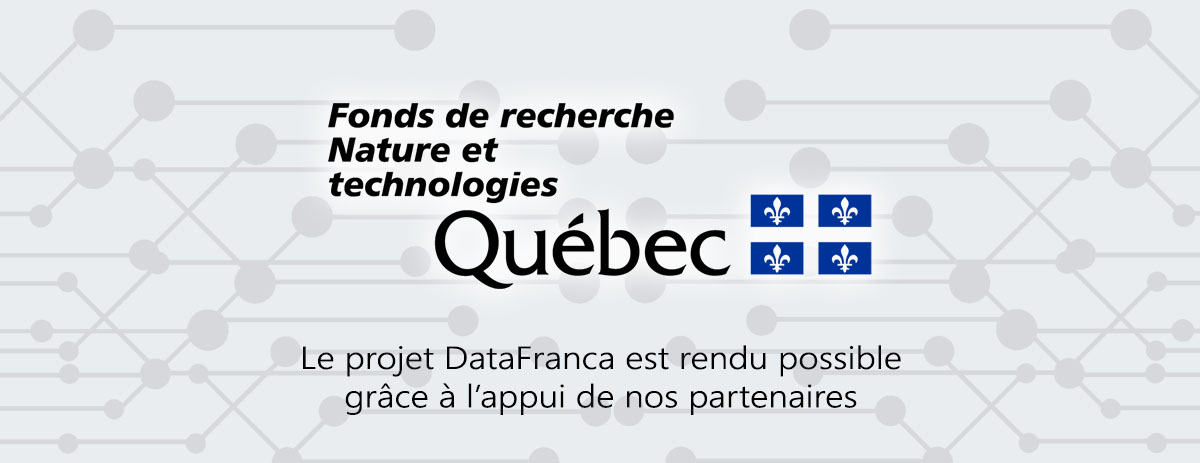« Probabilité algorithmique » : différence entre les versions
(Page créée avec « == Domaine == Category:Vocabulary == Définition == == Termes privilégiés == == Anglais == === Algorithmic probability === In algorithmic informati... ») |
Aucun résumé des modifications |
||
| Ligne 1 : | Ligne 1 : | ||
== Domaine == | == Domaine == | ||
[[Category:Vocabulary]] | [[Category:Vocabulary]]Vocabulary<br /> | ||
== Définition == | == Définition == | ||
Version du 18 mars 2018 à 21:22
Domaine
Vocabulary
Définition
Termes privilégiés
Anglais
Algorithmic probability
In algorithmic information theory, algorithmic probability, also known as Solomonoff probability, is a mathematical method of assigning a prior probability to a given observation. It was invented by Ray Solomonoff in the 1960s.[1] It is used in inductive inference theory and analyses of algorithms. In his general theory of inductive inference, Solomonoff uses the prior[clarification needed] obtained by this formula[which?], in Bayes' rule for prediction [example needed][further explanation needed].[2]
In the mathematical formalism used, the observations have the form of finite binary strings, and the universal prior is a probability distribution over the set of finite binary strings[citation needed]. The prior is universal in the Turing-computability sense, i.e. no string has zero probability. It is not computable, but it can be approximated.[3]

Contributeurs: Claude Coulombe, Imane Meziani, wiki, Sihem Kouache






